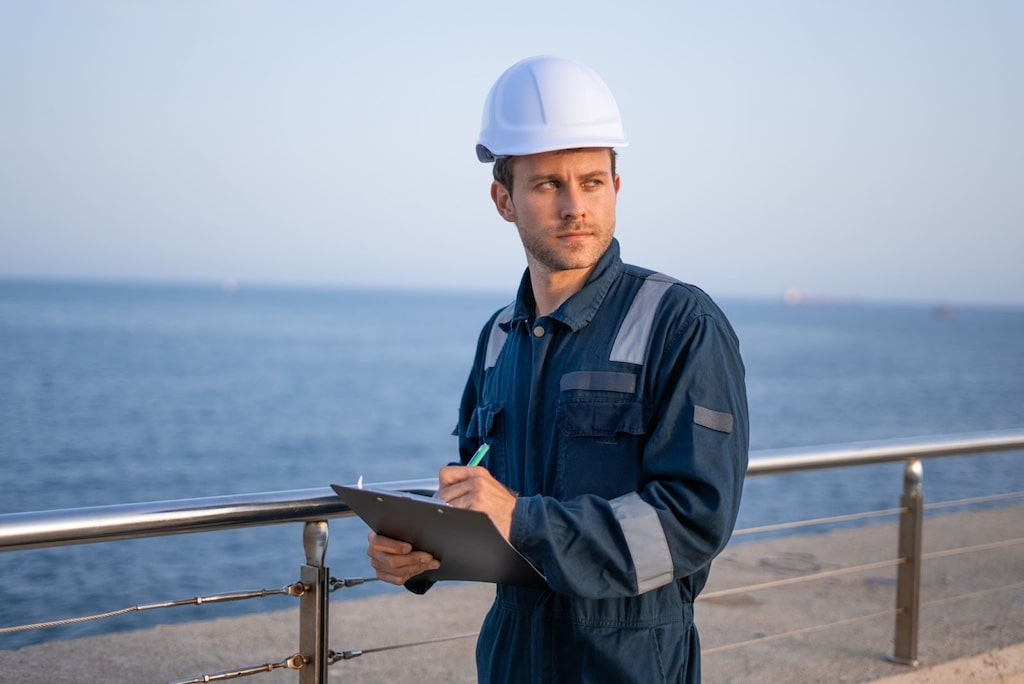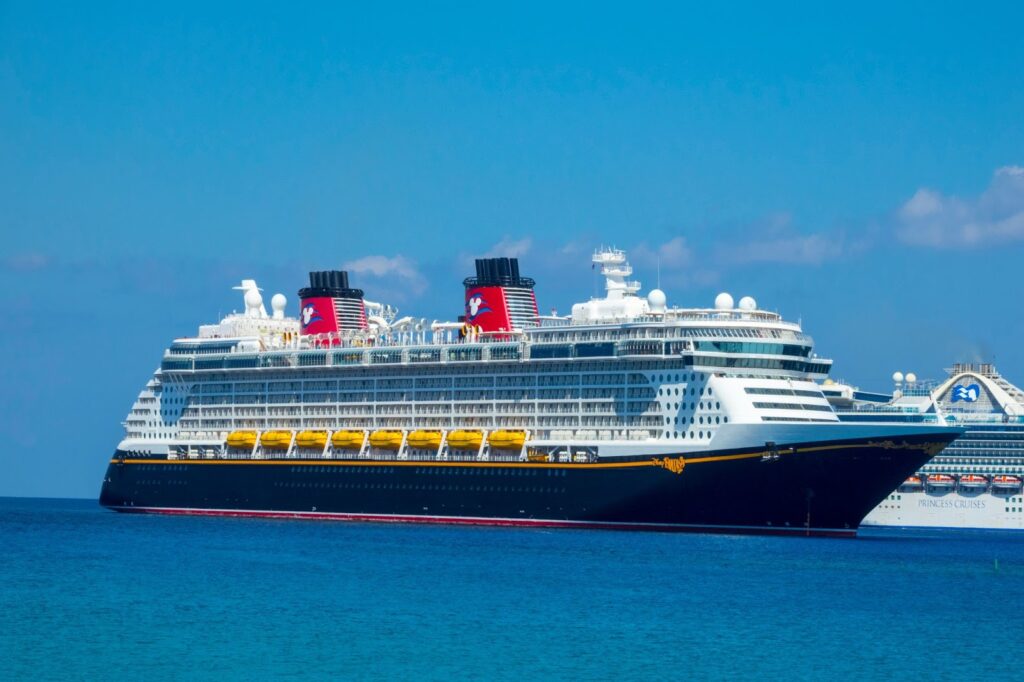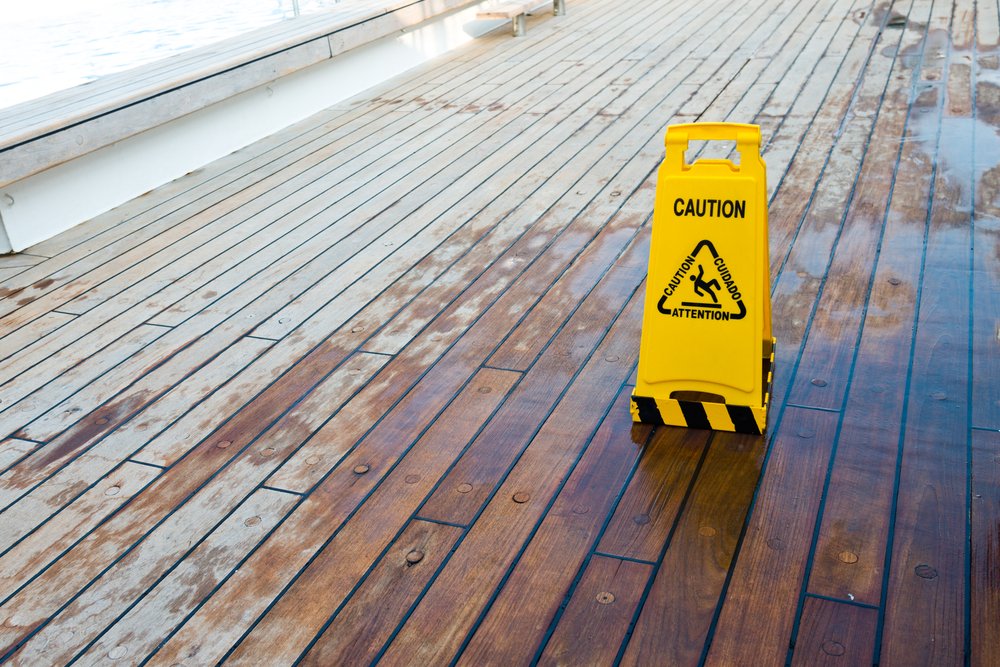Lipcon, Margulies & Winkleman, P.A. first opened its doors back in 1971. Since then, we have grown our law firm to include seven office locations across the United States with 17 full-time maritime and cruise ship accident attorneys. Collectively, we have 200+ years of legal experience and our maritime injury lawyers have been successful in recovering more than $500 Million for our clients in the 50 plus years we have been in business.
We have successfully handled more than 3,000 cases and are proud to report that four of our maritime attorneys were named to “Best Lawyers” ®, “Lawyer of the Year” ® in Admiralty and Maritime (Miami), and Lipcon, Margulies & Winkleman, P.A. was named as one of the “Best Law Firms” ® in America by US News & World Report every year since 2016. Our unparalleled success rates and confidence make us uniquely qualified to help injured maritime workers and their families demand the compensation they are owed. If you are a victim of a cruise ship accident or work-related accident you suffered as a crewmember on a ship, reach out to one to one of our maritime accident lawyers right away.
What Does A Maritime Lawyer Do for Injured Workers?
A maritime accident lawyer represents clients in disputes and lawsuits involving maritime law. Maritime injury lawyers may represent maritime workers, and passengers in personal injury claims, maritime contract disputes, and other matters involving any type of vessel. A maritime injury lawyer can also draft and negotiate maritime contracts, such as charter party agreements, shipbuilding contracts, and marine salvage contracts. They may also advise clients on compliance with maritime regulations, such as those governing the carriage of goods by sea.
Understanding the Role of a Maritime Injury Attorney
A maritime lawyer specializes in the laws and regulations related to navigable waters. They handle legal matters for clients associated with maritime activities.
Maritime Industry Law Basics
Maritime industry law, put simply, governs activities on the seas and other navigable waters. It includes both domestic laws and international agreements. One of the more unique aspects of maritime law is how nuanced it is. That is, it involves the combination of state laws, federal laws, and international laws and conventions. It is this breadth of the law that requires maritime attorneys to focus on this singular practice area. And that is precisely what we have done since our inception in 1971.
Key Responsibilities of Maritime Injury Lawyers
Maritime lawyers must navigate a complex body of laws. Their responsibilities include:
- Legal Advice: Providing legal guidance on maritime issues to clients.
- Litigation: Representing clients in court, covering disputes ranging from accidents to contractual disagreements.
- Negotiation: Mediating between parties to reach settlements.
- Advocacy: Working tirelessly and vigorously to represent our clients.
Maritime lawyers deal with a variety of cases, such as personal Injury claims. These are cases related to injuries on cruise ships, cargo vessels, pleasure craft, yachts, jet skis or waverunners or any other maritime vessel.
What Does a Maritime Injury Attorney Need to Know?
To be a successful maritime lawyer, you need to have a strong understanding of maritime law and the relevant statutes, treaties, and conventions. You also need to be extremely familiar with the admiralty procedure rules and maritime law jurisprudence.
At Lipcon, Margulies & Winkleman, P.A., an experienced maritime injury lawyer will deeply understand this aspect of the law and the relevant legal concepts, as indicated by the extensive and growing list of maritime injury cases that we have successfully handled.
Compensation Claims For A Maritime Injury
If you have been injured while working on a vessel, you may be entitled to compensation for your medical expenses, lost wages, and pain and suffering. The first step is to determine whether you are covered under the Jones Act or another maritime law. If you are covered, you can then bring a claim against your employer for negligence or unseaworthiness. If you are not covered, there are other viable legal options available to you.
The maritime lawyers at Lipcon, Margulies & Winkleman, P.A. have represented clients in all types of maritime personal injury claims, including those involving the Jones Act, unseaworthiness, and third-party negligence. We know how to build a strong case on your behalf and get you the maximum compensation possible.
Common Causes of Injury for Maritime Workers
There are many different ways that a maritime worker can be injured. Some of the most common causes of maritime injuries include:
- Falls overboard
- Falls from height
- Slip and fall accidents
- Machinery accidents
- Explosions and fires
- Collisions
- Assault
- Repetitive lifting cases
You may be entitled to compensation if you have been injured in any type of maritime accident. The first step is to determine whether you are covered under the Jones Act or another maritime law. If you are, you can then bring a claim against your employer for negligence or unseaworthiness.
What Should I Do After A Maritime Injury?
If you have been injured while working on a vessel, it is important to seek medical attention immediately. While the details are still fresh in your memory, you should also write down everything you remember about the accident. This will be helpful when you file a claim.
Contact Our Award-Winning Maritime Lawyers Today
Maritime injury laws in the U.S. are notoriously complex. You do not have to go through this difficult time alone. Access the compensation and benefits you are entitled to when you contact a reputable maritime injury lawyer at Lipcon, Margulies & Winkleman, P.A. for help.
Our firm will work tirelessly to get your Jones Act or maritime injury claim resolved, and fight voraciously for maximum compensation in your personal injury lawsuit. Start working on your case as soon as today when you complete our convenient contact form or call our office at 877-233-1238.
Published on November 15, 2022
Categories: Maritime Law
Get Free
Consultation













